Faculty participants in computational chemistry research include:
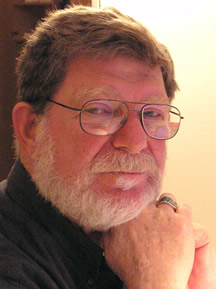
Paul Bagus, Ph.D.
Dr. Bagus' research involves determining the origin of surface and interface materials
properties and processes in terms of fundamental physical and chemical mechanisms.
The research is based on the analysis of accurate abinitio wave functions, which are
used to relate observed properties to the chemical bonding that leads to these properties.
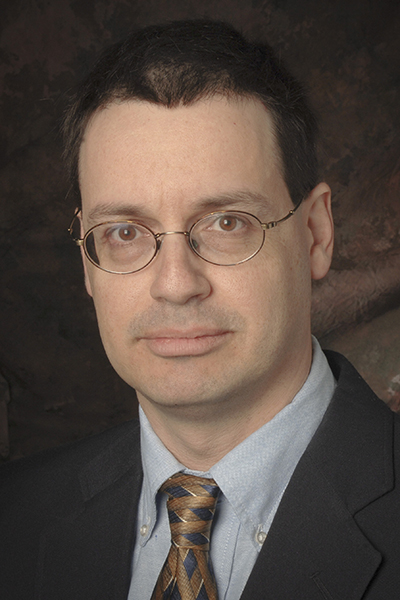
Tom Cundari, Ph.D.
Development and application of high-accuracy methods for modeling of transition metals.
Application of theory to the rational design of metal-based catalysts, sensors, optics
and materials. Chemistry of the copper- and zinc-triads. Multiple bonding involving
the transition metals and heavier main group elements.
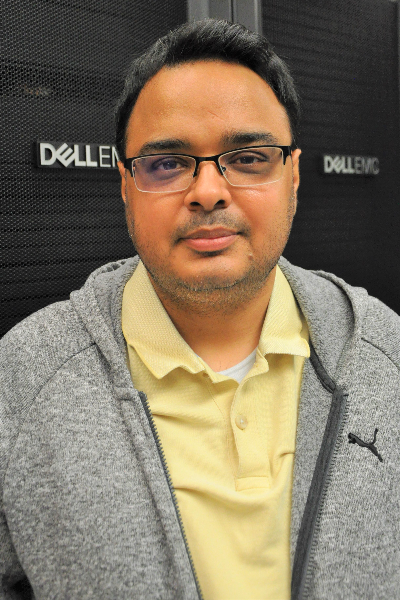
Navneet Khetrapal, Ph.D.
Dr. Khetrapal's research involves the use of computational chemistry techniques for
(a) Structure elucidation of novel metal nanoclusters, (b) Designing efficient metal
nanoparticle and metal organic framework (MOF) catalysts, (c) Study of bonding, reactivity
and electronic structure of actinides.

Hsin-Yu Ko, Ph.D.
First-principles condensed-phase chemistry research group. Investigating atomistic
structures and reactive processes relevant to energy, materials, and environmental
sciences. Developing ab initio algorithms and software using high-performance computing
and machine learning techniques. Systems of interest: e.g., fuel cells, forever chemicals,
polymers.
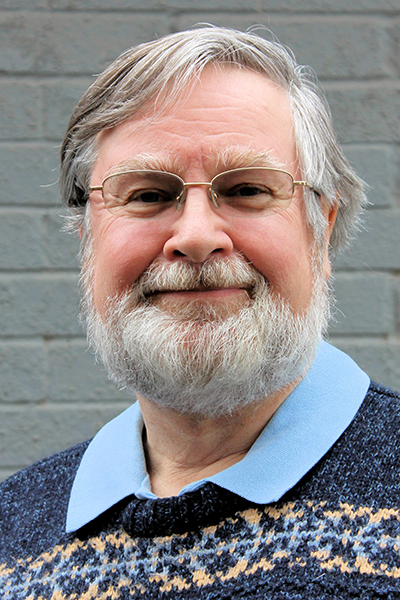
Paul Marshall, Ph.D.
Fundamental details of bond formation and chemical reactivity are investigated via
ab initio computational chemistry, along with the thermochemistry and spectroscopy
of short-lived species. The results are combined to improve our understanding of atmospheric
and combustion chemistry, with an emphasis on green fuels and the mitigation of global
warming.
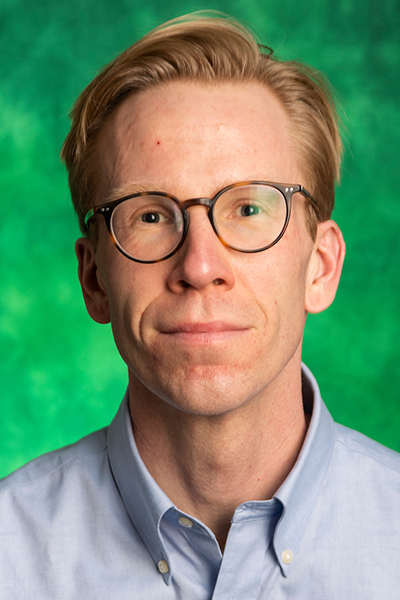
Omar Valsson, Ph.D.
The Valsson research group develops and applies classical and quantum simulation methods
to study chemical, biological, and material systems. In particular, the group focuses
on developing advanced methods for studying the long timescale phenomena common in
nature but normally inaccessible in conventional molecular simulations due to their
limitations. The group applies the methods it develops to various chemical, biological,
and material systems, including protein-protein interactions, polymorphic transformations
in molecular crystals, and photoactive biosystems.
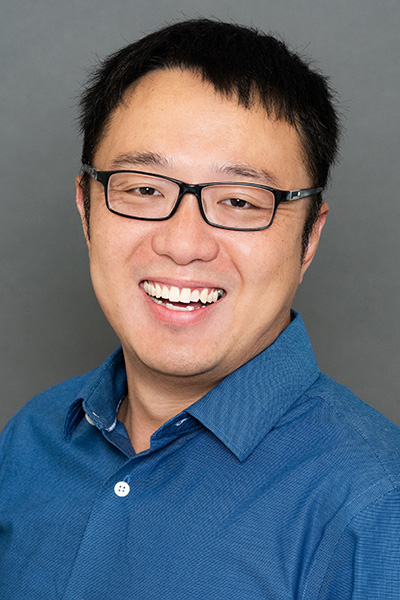
Hao Yan, Ph.D.
Dr. Yan's group seeks novel physical approaches to address fundamental questions in
chemistry and materials science. We are particularly interested in elucidating structure-property
relationships under extreme mechanical environments such as high hydrostatic pressure
(HHP), and applying such knowledge to the design of functional systems with broad-range
impacts in catalysis, energy conversion and quantum information science.